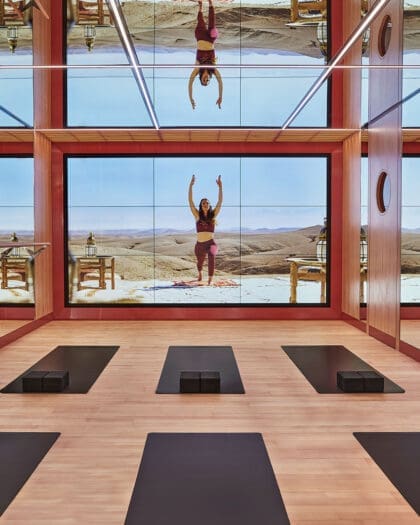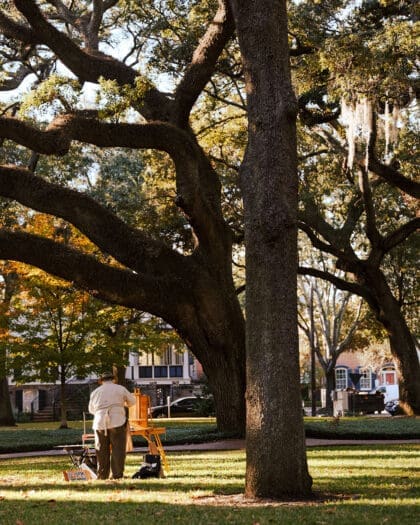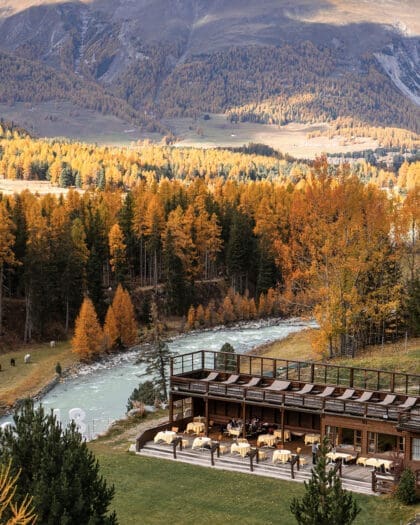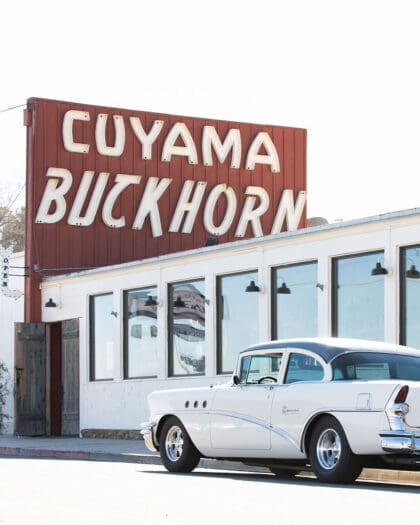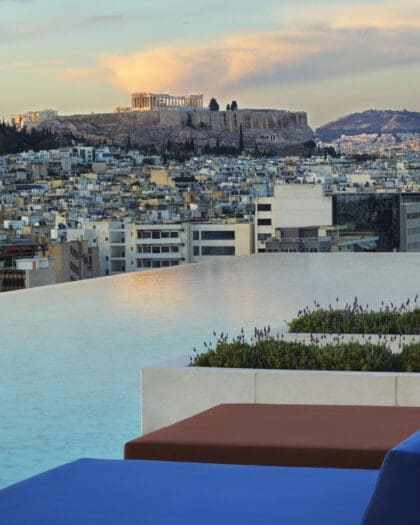
Luxury hotels are becoming master curators of culturally rich experiences
Grand Hyatt X Roadbook
Hotel brands like Grand Hyatt are major players in the experience economy, providing immersive and personalised activities that deepen the connection between guests and local culture
The apotheosis of a memorable travel experience occurs when people, scent, food and place all intersect, and local communities are richer as a result. Historically, such moments did not occur in a hotel. But a new wave of wellbeing and cultural experiences is redefining hotels as curators, which bridge the gap between properties and the destinations they inhabit.
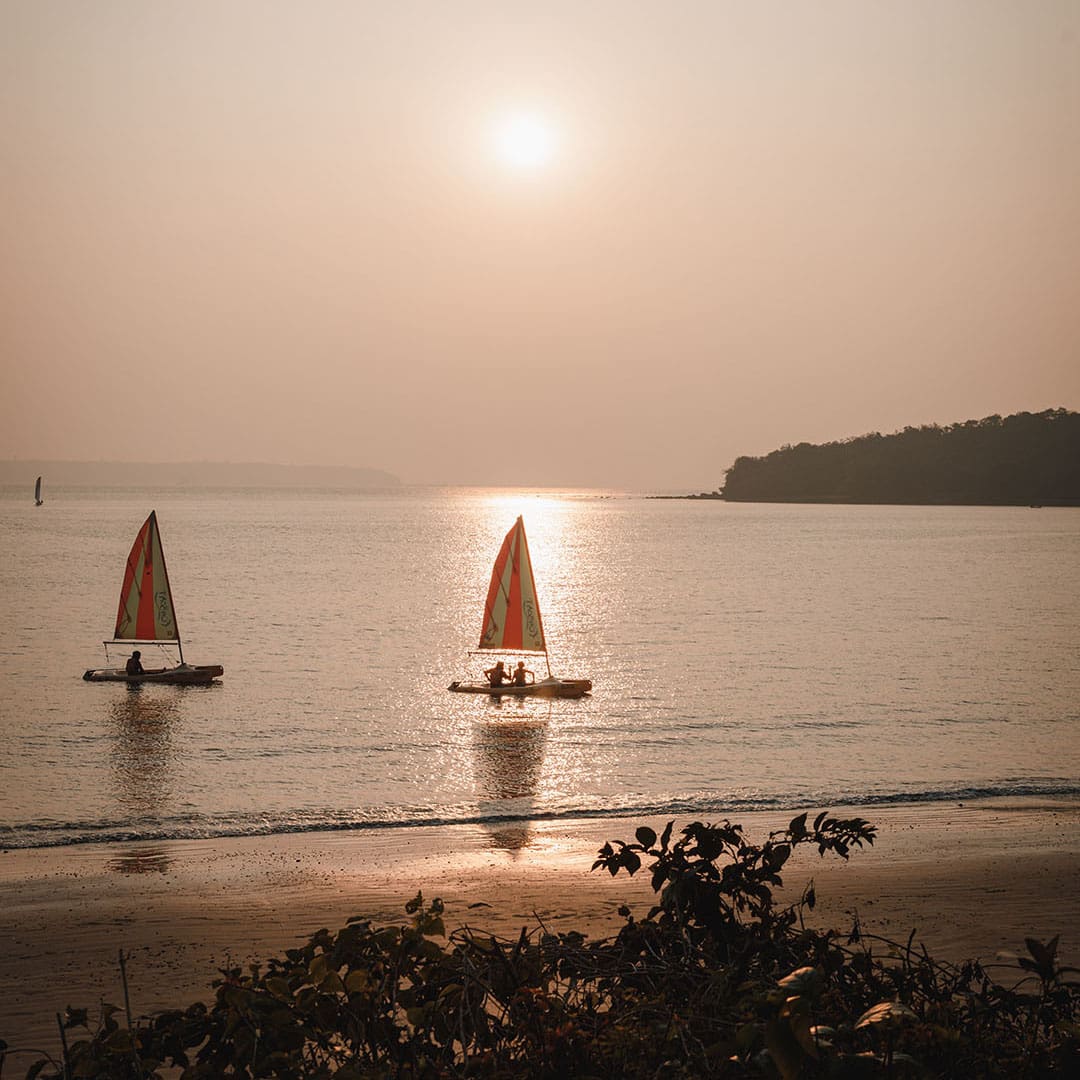
Less package tours, more personalisation
The term ‘experience economy’ was coined by Joseph Pine and James Gilmore for Harvard Business Review in the 1990s, pitching the idea that services could be transformative experiences. Gilmore’s later book, Authenticity: What Consumers Really Want, published in 2007, opined that “too many [businesses] have latched onto that single word – experience – without changing core business practices.”
Hotel concierges have been around for decades, but what is new is the breadth of experiences that hotels are providing: personalised itineraries that provide a gateway to local culture, and which often begin in the hotel itself.
“The role of the concierge has evolved and guests look to hotels as trusted experts of authentic experiences,” says Emily Wright, vice president and global brand leader at Hyatt Hotels. In a recent profiling study, Grand Hyatt guests cited relaxation and cultural immersion as primary motivations for travelling. “They want to participate in cultural rituals, eat local food, visit historic landmarks and give back to the community. There is a strong desire to travel meaningfully.”
A trusted hotel won’t whisk you around Thailand in a tuk tuk to see retail tourist traps, or suggest a sombrero photo op in Mexico. They now act as “cultural connectors, offering guests access to authentic activities that reflect the destination’s identity,” says Ian Yeoman, a professor specialising in tourism and fellow of the World Future Studies Federation. “Moreover, hotels that integrate storytelling, sustainability and community help elevate the entire travel experience, turning a stay into a purposeful journey.”
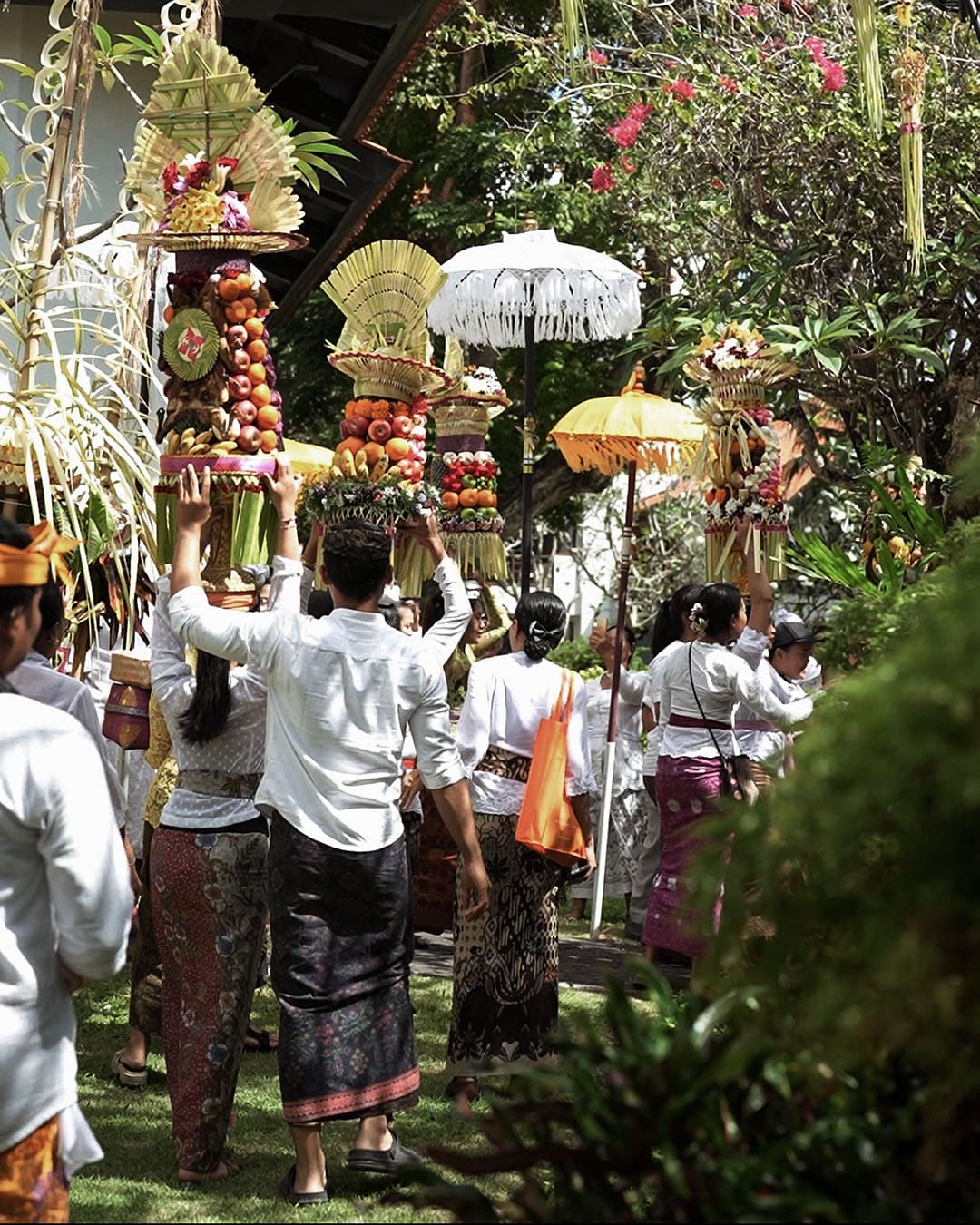
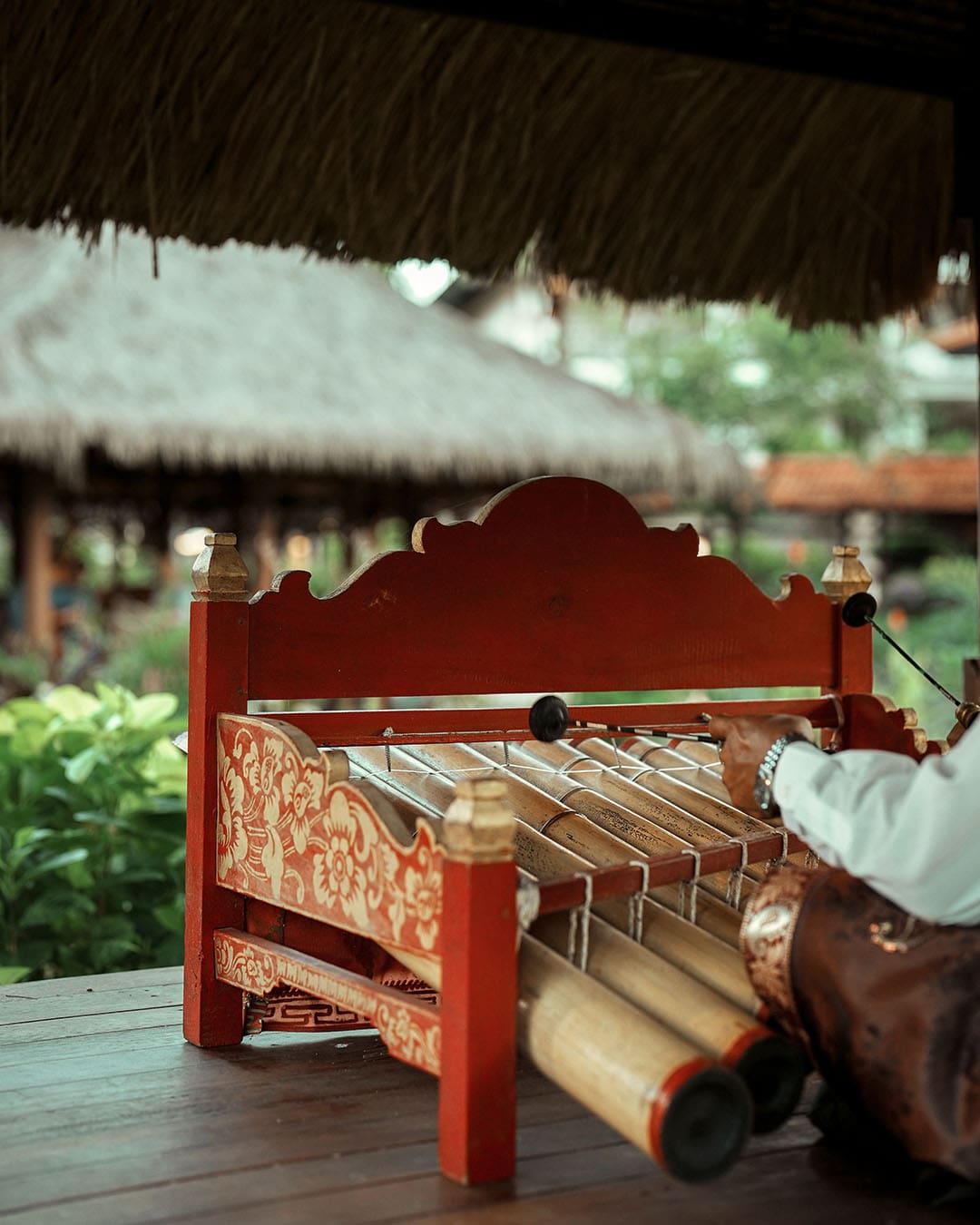
Grand Experiences at Grand Hyatt hotels worldwide is a collection of curated experiences that range from elevated dining to outdoor adventures and wellbeing activities. At the five-star Grand Hyatt Goa, guests can set off from the hotel’s beachfront in a motorboat with a local fisherman. Catches are then given to the hotel’s chefs to prepare at The Pool Bar and Grill, and eaten overlooking Bambolim Bay. In the Shamana Spa, a therapist recites a soothing Sanskrit hymn during a lamp lighting ceremony, conducted to promote spiritual wellbeing.
Meanwhile, Grand Hyatt Kauai Resort & Spa in Poipu, Hawaii, hosts a twice-weekly Kauai luau, with live ancestral music, traditional hula dancing and buffet. The event begins with a lei greeting, where guests receive a kukui nut lei necklace, followed by the ceremonial blowing of a conch shell. Guests can also attend hula and ukulele lessons and join craft workshops with Kauai artisans, where they can learn how to weave their own kukui nut lei necklace or Hawaiian palm basket. “Offering guests hands-on activities or the chance to take something home with them provides a memorable experience connected to the local culture, without leaving the hotel,” says Wright.
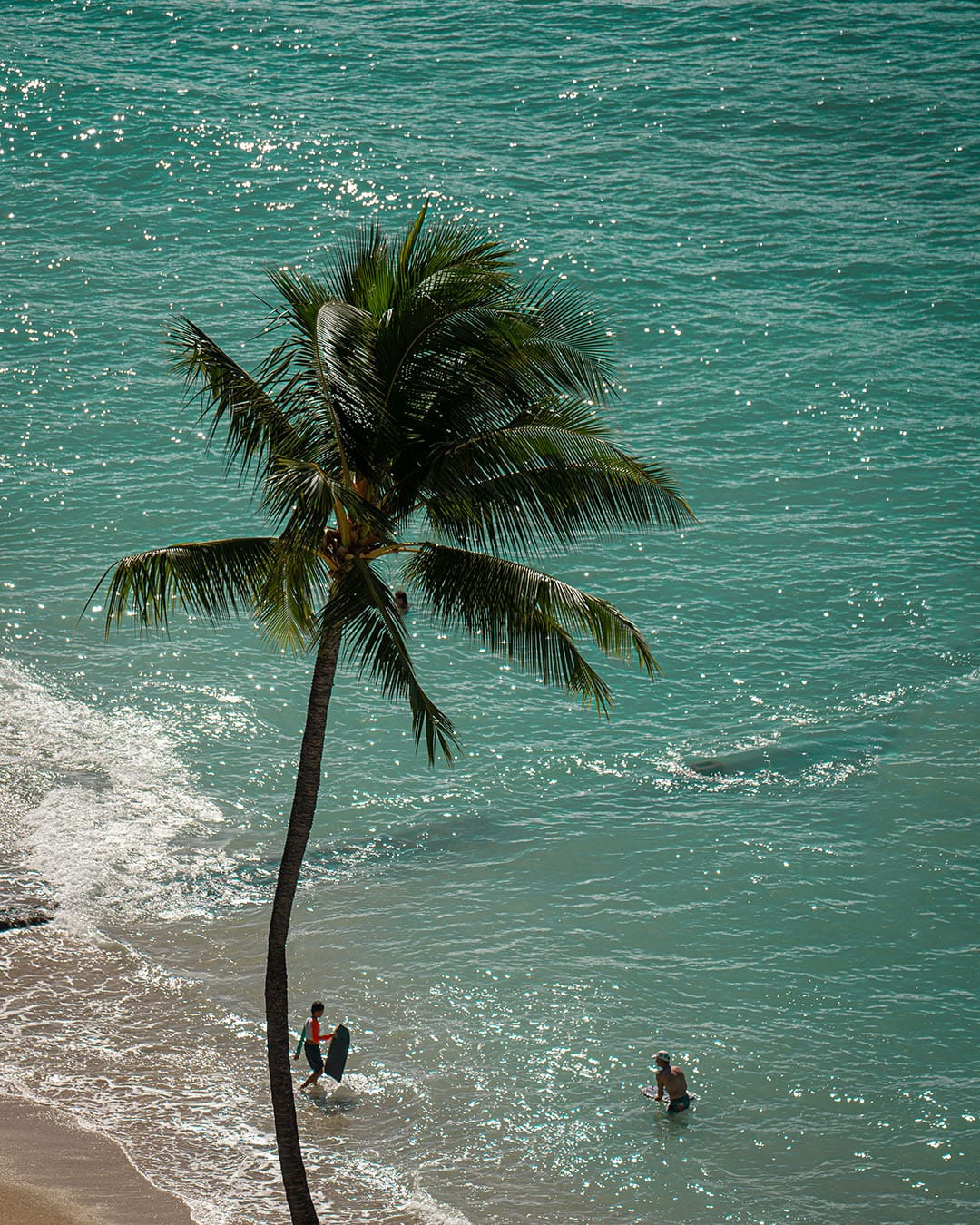

Irreplicable experiences
Travellers are drawn to one-time and exclusive events, which cannot be replicated. This might be a guest yoga instructor, a seasonal sporting event or culinary pop-up.
In California, Grand Hyatt Indian Wells Resort & Villas attracts tennis fans each year for the BNP Paribas Open, held at the nearby Indian Wells Tennis Garden. During the tournament, the resort hosts Taste of Tennis, which brings together top chefs and professional players for a convivial evening of food, sport and conversation. Held in March, the 2025 edition coincided with a resort-wide renovation that included a redesigned lobby, spa, restaurants and pool.


Meanwhile, the Grand Art Series at Grand Hyatt Istanbul presents rotating exhibitions by renowned and emerging Turkish artists. The series shines a light on the country’s creative scene, with works showcased in the hotel’s public spaces. The hotel also hosts regular chef collaborations, with a focus on authentic Turkish cuisine.
“Guests often gravitate to unique food and beverage experiences,” says Wright, whether it’s sushi rolling in Scottsdale or a caipirinha-making class in Rio de Janeiro. “We see our hotels as destinations within destinations, while also inspiring visitors to venture off-property and explore.”
At Grand Hyatt Barcelona, previous events have included a rooftop pilates masterclass against a backdrop of the city’s Catalan architecture, followed by a nutritious brunch. The hotel regularly hosts wellbeing-focused events, centred on movement and connection.
“Experiences turn a hotel into a destination”

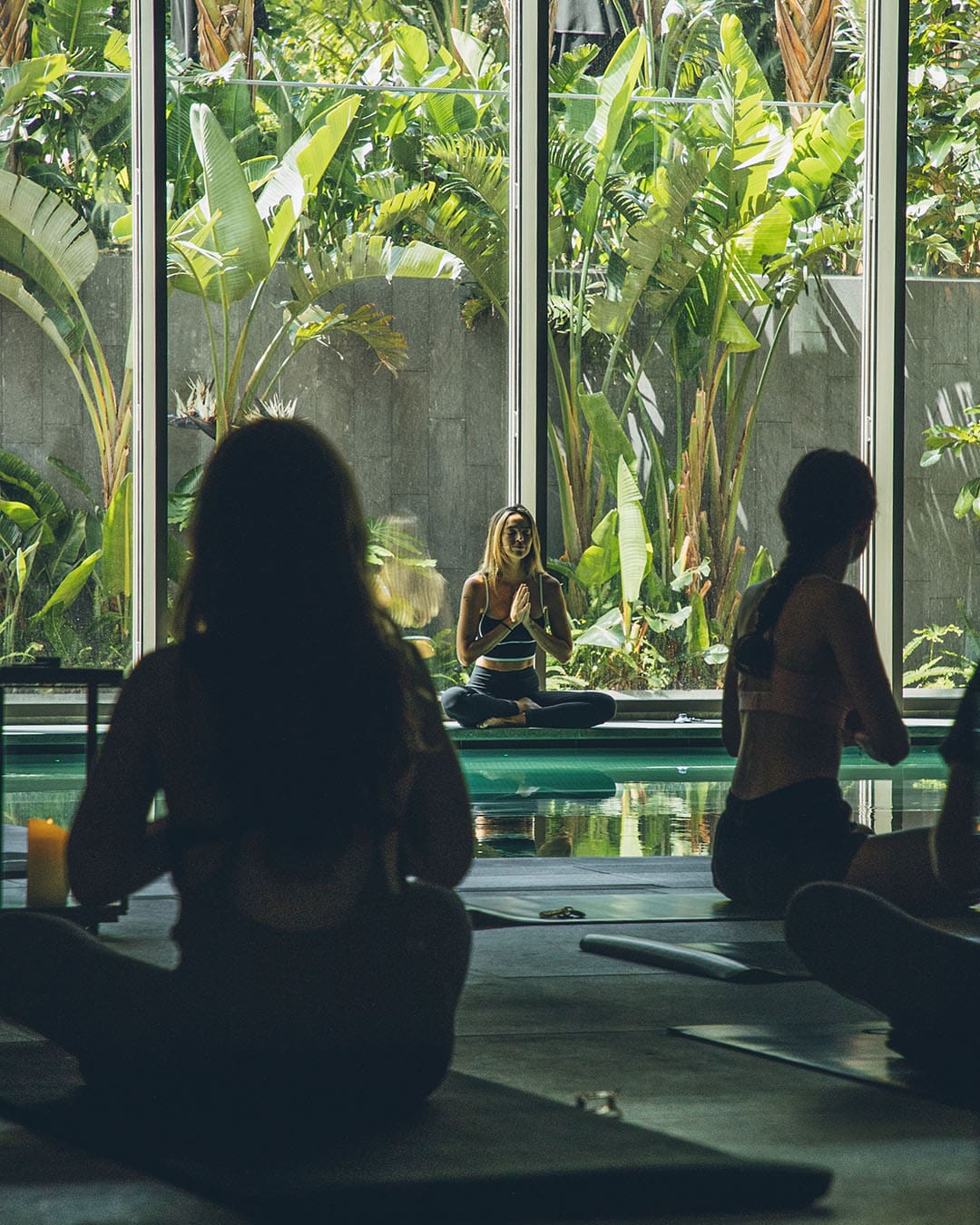
Transformative wellbeing
Wellness tourism is booming, as guests increasingly fold transformative experiences into their trips. “Disconnecting from screens and reconnecting with people and places is the foundation of leisure travel,” says Wright. Plush spas and pools are de rigueur at most luxury resorts, so how can a good hotel stand out?
Grand Hyatt Bali in Nusa Dua is a leading example of a hotel that places wellness at the fore. Intimate sound healing workshops take place in the waterfront hotel’s lush gardens using crystal singing bowls, while a thoughtful wellbeing programme also includes ‘laughing yoga’ – combining laughter exercises with yogic breathing – and a Balinese Hindu purification ritual led by a local priest. Guests can explore the sacred Nusa Peninsula and Dharma Islands with a guide, where they can craft dishes like sate lilit on a torchlit beach and participate in a traditional joged bumbung dance ceremony.
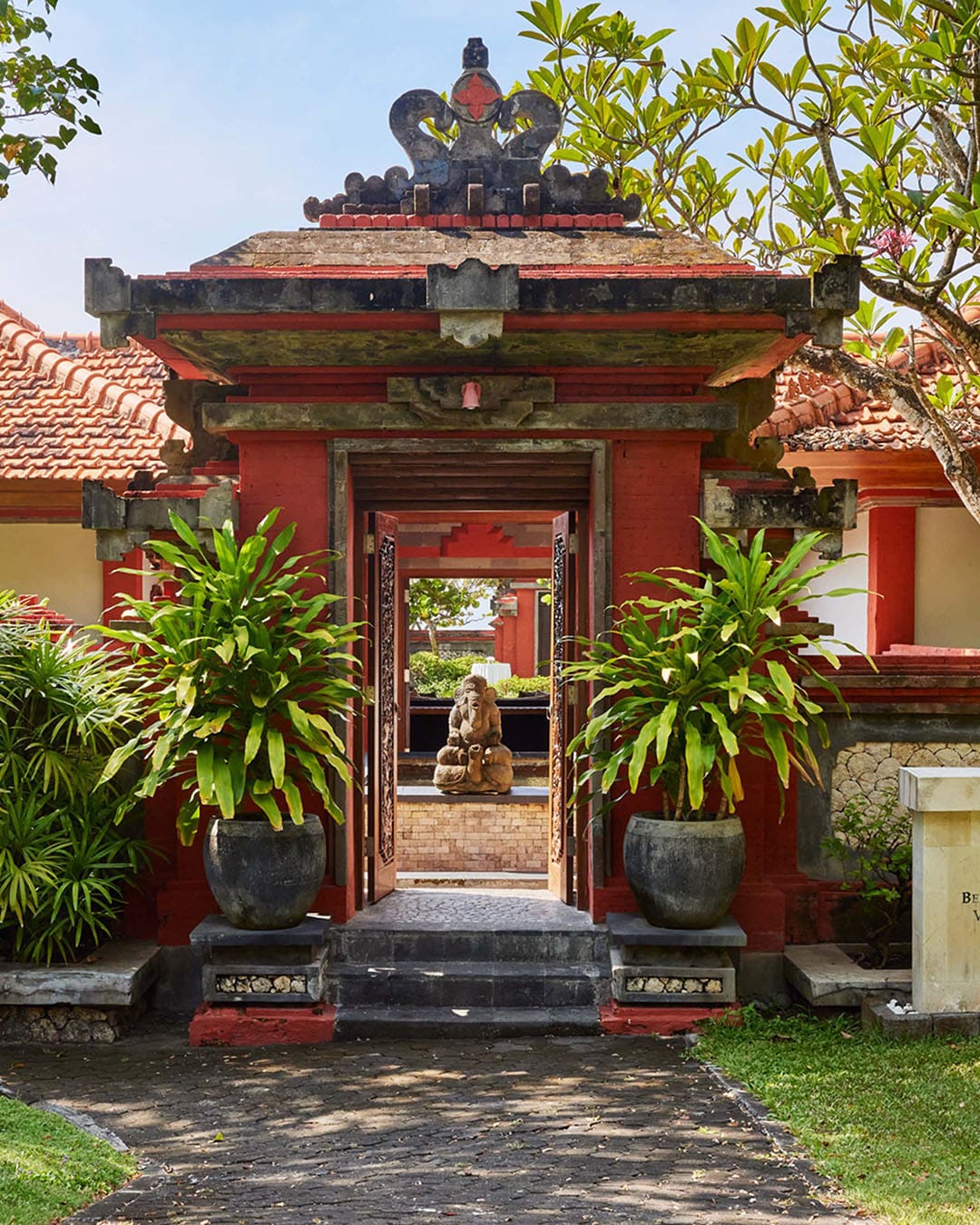
Considered the crown jewel of the Nusa Dua Beach, the resort’s spectacular setting forms the experience. An indoor-outdoor layout pays tribute to the natural surroundings, with verdant gardens featuring ancient statues and a 400-year-old temple. In the Kriya Spa – scented with a bespoke fragrance inspired by the island’s spice heritage – treatments draw on ancient Balinese techniques that incorporate acupressure, reflexology and aromatherapy.
Meanwhile, Grand Hyatt Vail in Colorado immerses guests in the great outdoors of Vail Valley in the Rocky Mountains. Local hikes range from soaring peaks to river strolls, while Gore Creek sits right outside the hotel for guided fly fishing. Guests can wind down around an open fire pit and toast s’mores, while spa treatments include a Colorado wildflower wrap, inspired by the surrounding landscape.
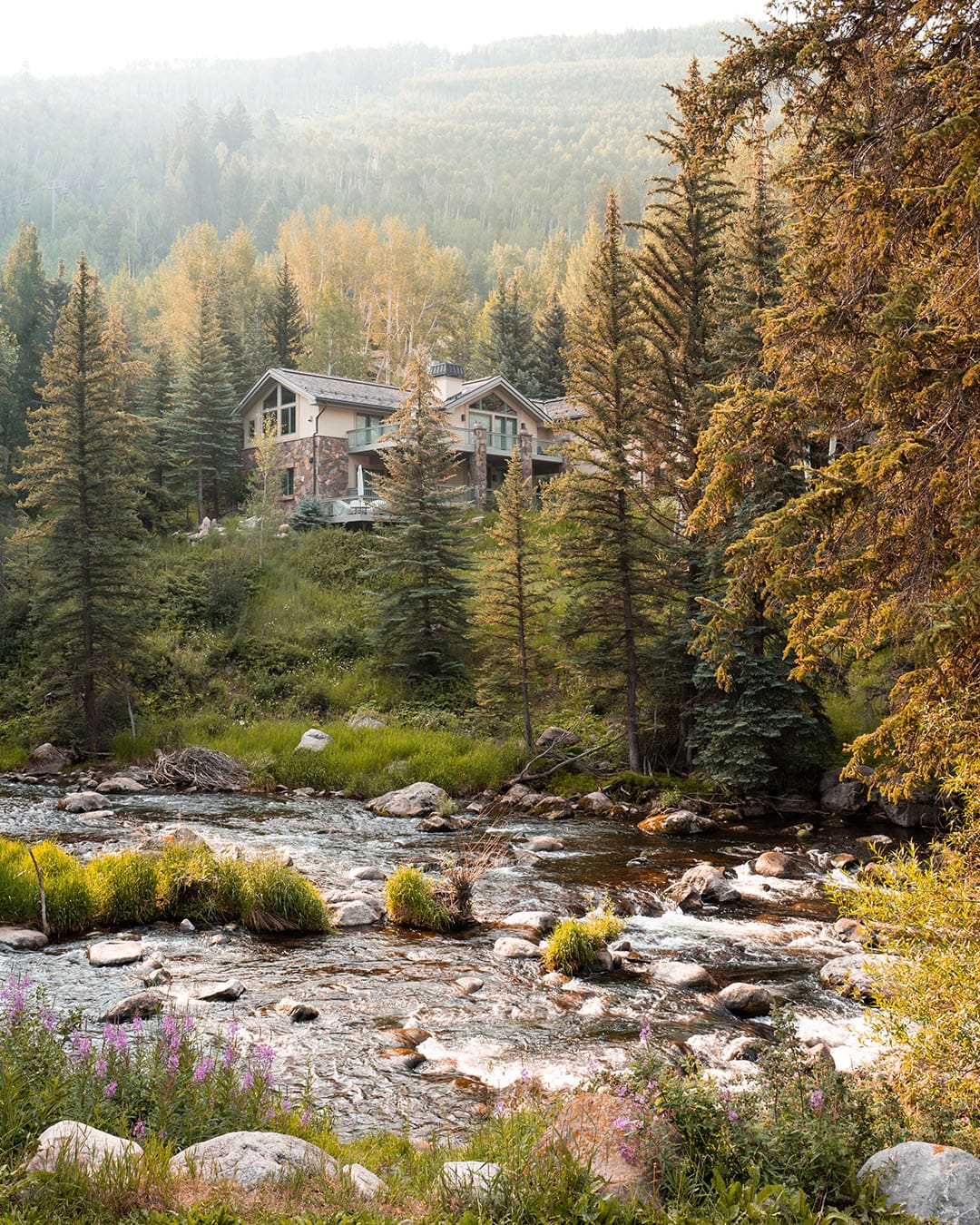
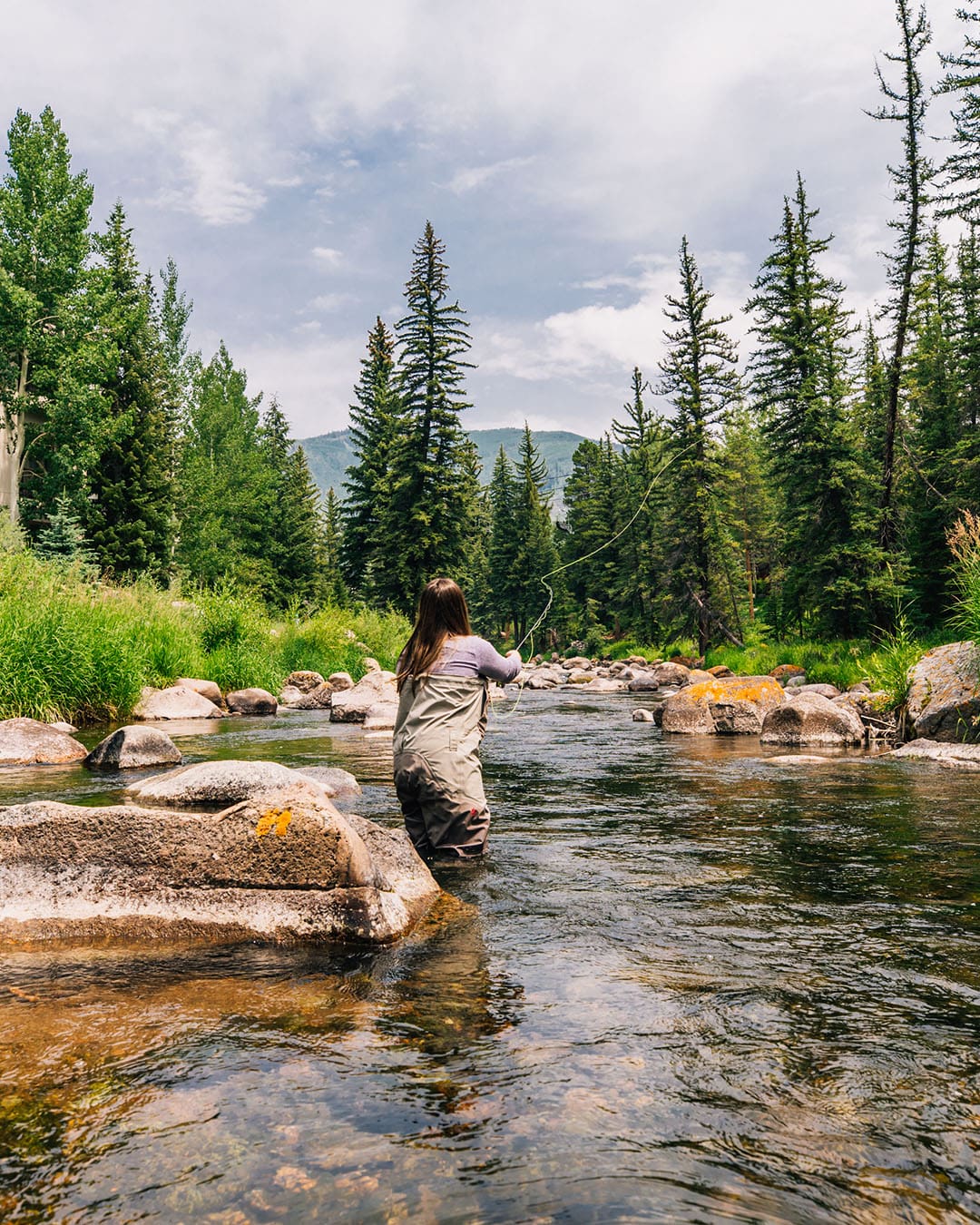
Supporting local communities
This also chimes with another non-negotiable: sustainability. By supporting local producers, guides and communities, hotels and resorts reduce their carbon footprint and give back to the land they inhabit.
Hyatt also leads the global RiseHY programme, which is designed to reach untapped talent and support those in under-resourced communities wishing to work in the hospitality industry. “We want to open doors and help those disconnected from the economy to grow, thrive and build meaningful careers,” says Wright.
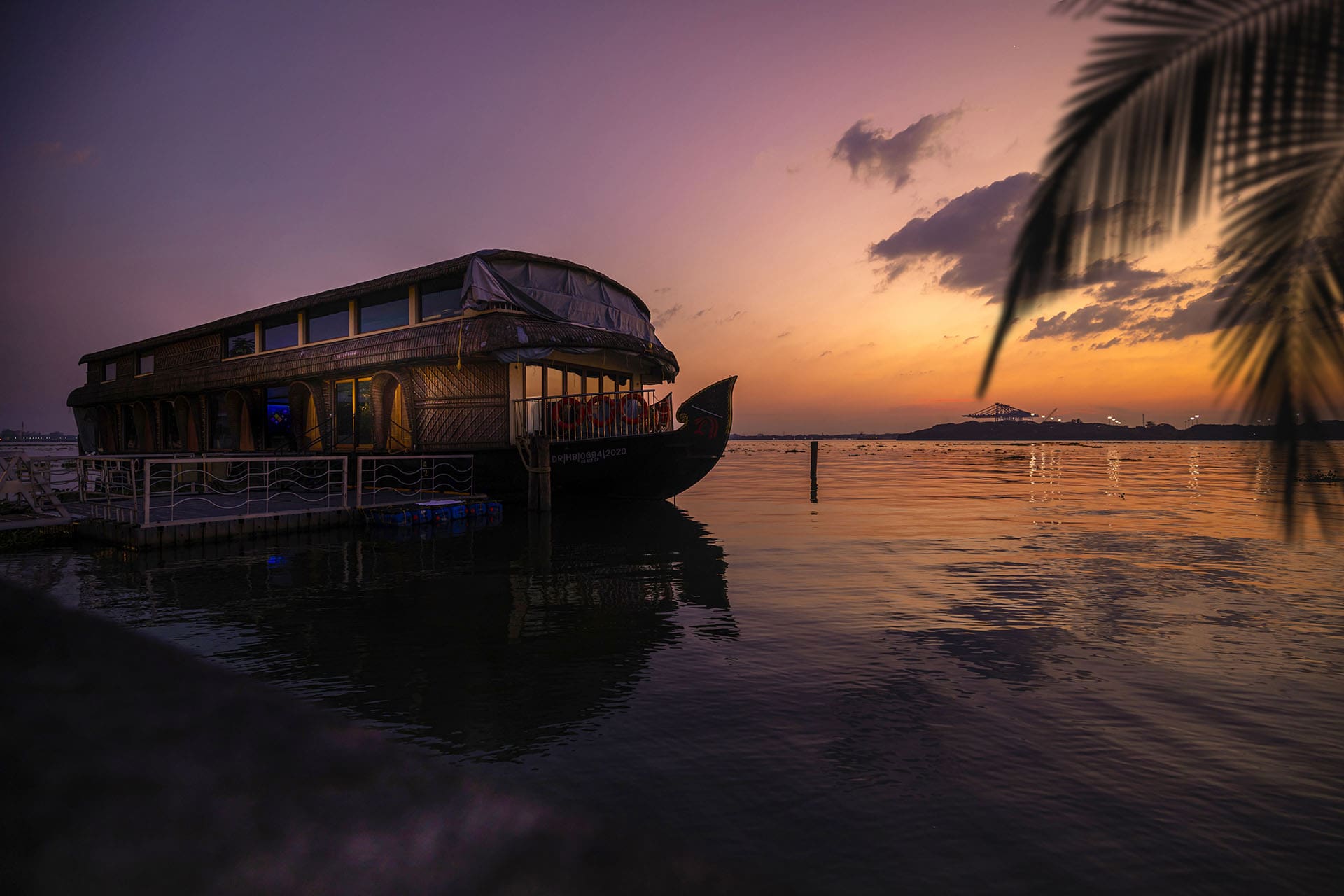
The bottom line of cultural experiences
In a world where we are increasingly online, on the go, on our own, travellers are seeking connection and sensorial experiences that allow them to slow down and be present. They crave authenticity over algorithms and want to be engaged travellers, not passive tourists. And as room rates peak higher than ever before, guests expect a full programme of events and activities that differentiate the hotel from competitors.
“The bottom line of cultural experiences is significant. Not only do they elevate guest satisfaction, but they also drive revenue across multiple departments. In recent data gathered by Hyatt, 68 per cent of guests cited experiences as a core reason they chose to stay at the hotel. “They enable brand differentiation, foster guest loyalty and strengthen community engagement – all of which contribute directly and indirectly to profitability,” says Wright. “Experiences turn a hotel into a destination.”
“To succeed in this future, hotels need to understand their guests deeply, build strong local partnerships, train staff as storytellers and embed a clear sense of purpose into their brand,” concludes Ian Yeoman. “By doing so, they can create stays that are not only memorable but also meaningful and transformative.”


